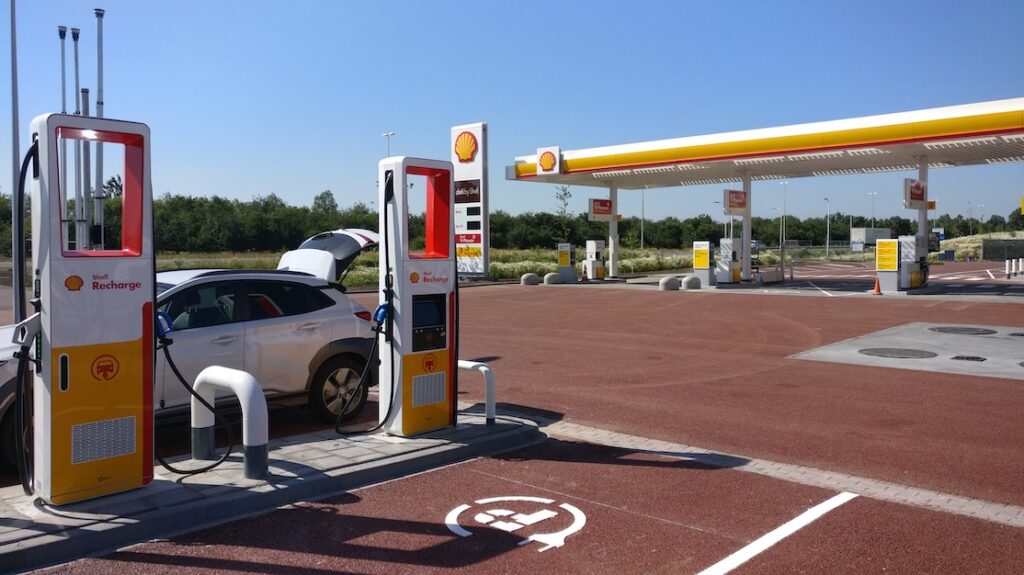
Around 20 energy storage systems (ESSs) are to be deployed at roadside service stations in the UK where the grid supply isn’t enough for rapid charging infrastructure, the country’s government has said.
National Highways, the government-owned company which operates, maintains and improves major roads and motorways, is to make an £11 million (US$14.63 million) investment into ESSs, with the intention of alleviating range anxiety through the provision of more rapid chargers.
The ESSs will store energy in quiet periods, and then provide rapid high-power charging at busy times until the motorway services can obtain increased power directly from the grid for rapid charging themselves.
National Highways is currently discussing the move with prospective suppliers, and plans to install the energy storage systems within the next two years.
Try Premium for just $1
- Full premium access for the first month at only $1
- Converts to an annual rate after 30 days unless cancelled
- Cancel anytime during the trial period
Premium Benefits
- Expert industry analysis and interviews
- Digital access to PV Tech Power journal
- Exclusive event discounts
Or get the full Premium subscription right away
Or continue reading this article for free
“Whilst we have limited control over the number of petrol and diesel cars on the network, by supporting the expansion of the rapid charge points network, we hope to increase EV drivers’ confidence for all types of journeys, both long and short,” Malcolm Wilkinson, head of energy for National Highways, said.
The rapid chargers enabled by the storage form part of the government’s vision for the rapid charge point network in England, with an aim of around 6,000 high powered chargers on the motorway network by 2035.
The Rapid Charging Fund is also set to support the deployment of motorway rapid EV chargers by providing funding for upgrading connections to meet future demand for high-powered charging when it is “prohibitively expensive and uncommercial”.
Meanwhile, the government is also eyeing long-duration energy storage, having released a call for evidence in July on how to enable long-duration energy storage.
This story first appeared on Current±.





